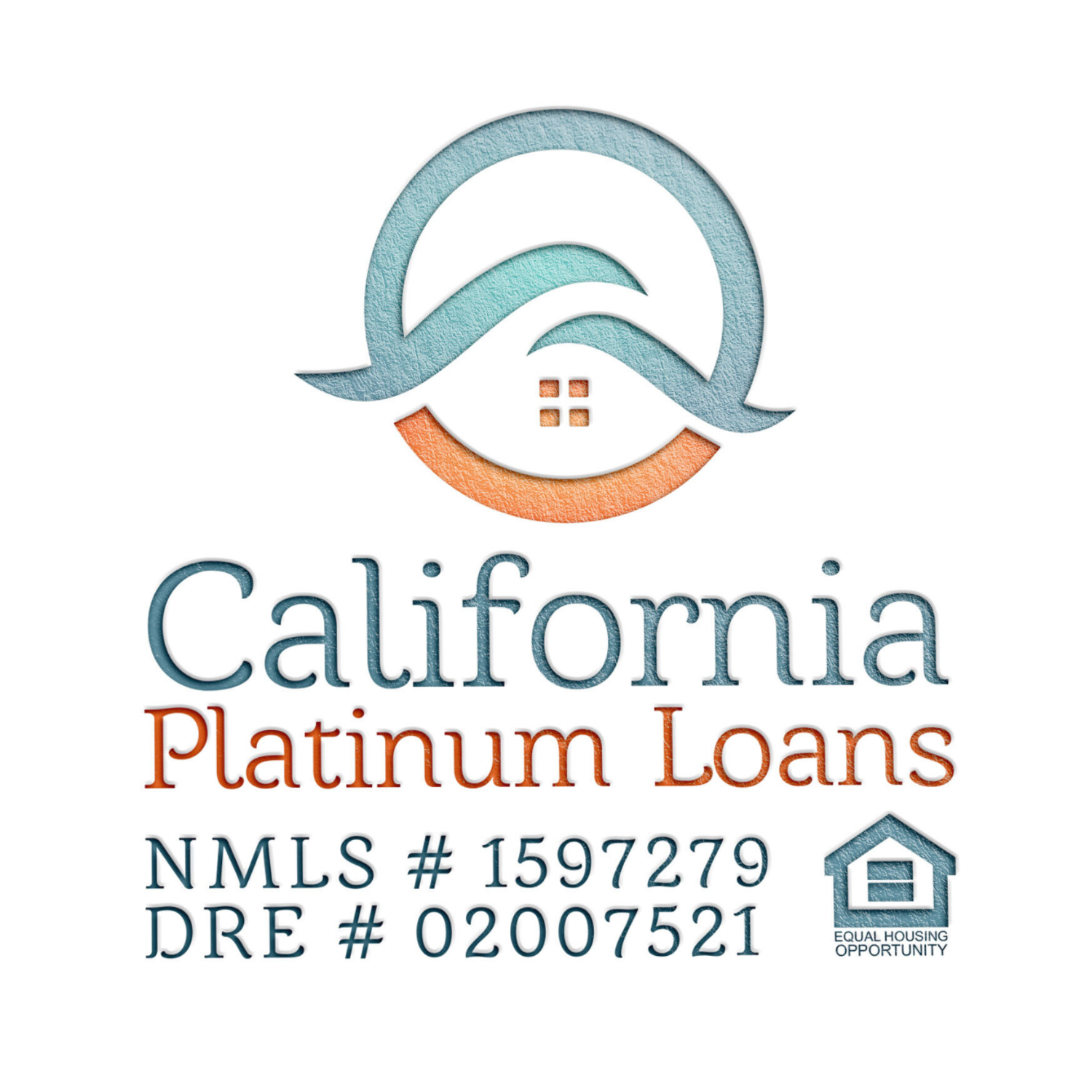Can you refinance your California VA home mortgage to get cash out of the equity in your home? The VA says yes — but you’ll need to qualify under new regulations that include a “net tangible benefit” rule. What is “net tangible benefit” and what does it mean for your VA mortgage refinance in California?
Now grab a pen and paper as we take a deep dive to uncover the basic types of VA loan refinances that the “net tangible benefit” rule applies to.
The Veterans Administration has defined three types of home mortgage refinancing: the VA IRRRL (Interest Rate Reduction Refinancing Loan), and Type I and Type II cash-out refinancing loans. VA IRRRL loans refinance current VA home mortgages for lower interest rates. They aren’t affected by the “net tangible benefit” rule.
Type I Cash-Out Refinances: The amount of your refinanced mortgage including the VA funding fee, doesn’t exceed the payoff for your current VA home mortgage.
Type II Cash-Out Refinances: The amount of your refinanced mortgage, including the VA funding fee, does exceed the payoff amount for your current VA home loan.
What is the “net tangible benefit test” that applies to VA Type I and Type II Cash Out Refinances?
Your refinanced loan needs to meet one of eight conditions that the VA has established for qualifying Type I and Type II VA Cash-Out refinance loans.
- The #1 criterion is that you need to have more than 10% equity remaining in your home after the refinance. If this isn’t the case, you have seven other criteria that can meet the “net tangible benefit” test.
- Your new mortgage term is shorter (i.e. refinancing a 30-year VA home loan to a 15-year VA home loan) resulting in less interest paid over the course of the loan.
- Your new VA home loan refinance eliminates mortgage insurance.
- You have a lower monthly principal and interest payment.
- You can get a lower interest rate. Your disposable income increases (including using the funds for debt consolidation).
- Your disposable income increases (including using the funds for debt consolidation).
- You are transitioning from a construction loan to a permanent VA home mortgage.
- You are refinancing from an ARM to a 30-year fixed rate home loan or other term fixed rate VA home mortgage.
You can refinance your VA funding fee as part of a VA home mortgage refinance, but it will be included in your new refinanced mortgage equity calculation. You can find out all of your options for a VA home loan refinance by working with a qualified VA home loan and California mortgage specialist.
Sources
New headline is Sharethrough 72 – addresses the main point of Quicken loan article
https://www.benefits.va.gov/homeloans/documents/circulars/26_18_30.pdf


